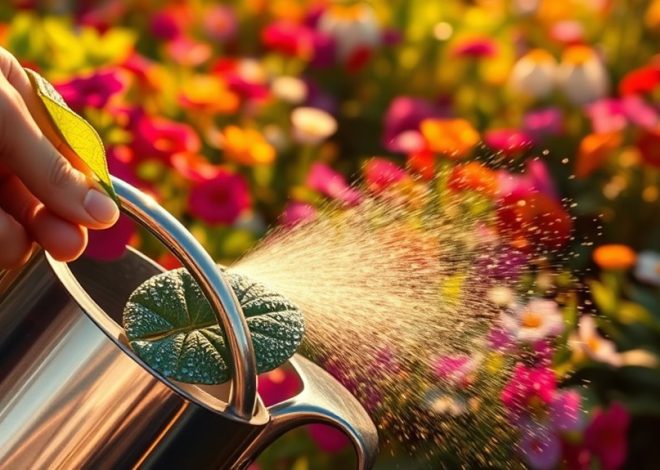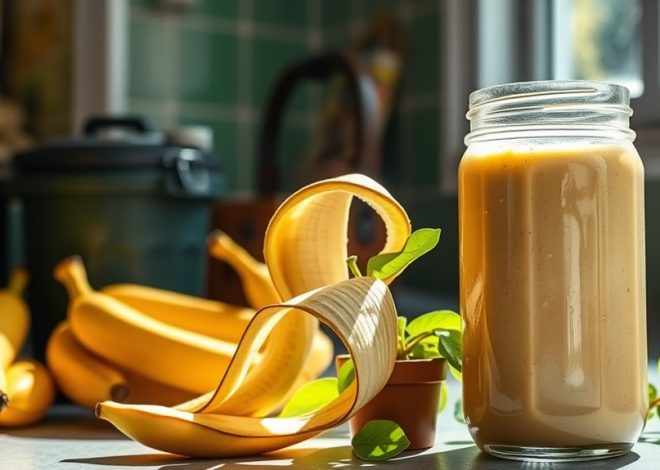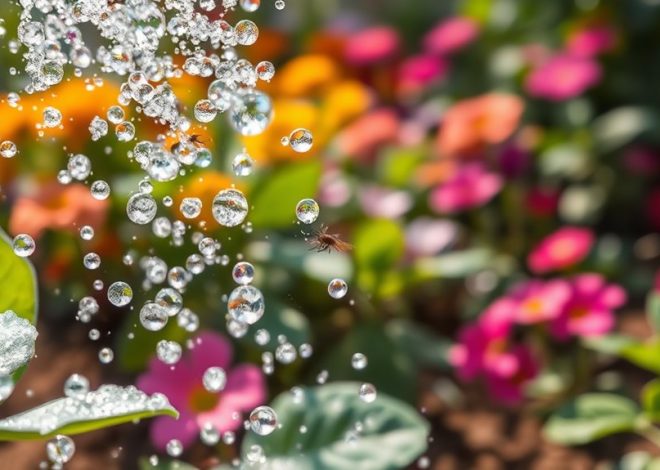
The Fertilizer Combo That Saved My Wilting Plants
The Fertilizer Combo That Saved My Wilting Plants
If your plants are wilting, it’s likely due to nutrient deficiencies or improper watering. Identifying the right balance of nutrients is crucial for restoring their health. A well-crafted fertilizer mix can make a significant difference. By understanding the specific roles of nitrogen, phosphorus, potassium, and compost, you can effectively revive your greens. But how do you create and apply this combination for optimal results? The process is simpler than you might think.
Key Takeaways
- A balanced NPK fertilizer combined with organic matter like compost provides essential nutrients for revitalizing wilting plants.
- Implement a fertilizer mix in a 1:2:4 ratio to ensure proper nutrient distribution for optimal plant health.
- Apply the fertilizer during cooler times of day, ensuring slightly moist soil to enhance nutrient absorption.
- Monitor your plants closely and adjust fertilizer frequency based on their response to avoid over-fertilization and potential damage.
- Organic fertilizers improve soil structure and release nutrients gradually, supporting long-term plant resilience and vitality.
The Struggles of Wilting Plants
Have you ever wondered why your plants droop despite your best efforts?
One common issue is nutrient deficiency, where your plants lack essential elements needed for growth.
A natural fertilizer mix can help, but if you’re not using it properly, you might still see wilting.
Overwatering or underwatering can also contribute to this problem; striking the right balance is crucial.
Additionally, inadequate light exposure can weaken your plants, making them susceptible to drooping.
Understanding these factors is vital in addressing the struggles of wilting plants, enabling you to take action and restore their vitality effectively. Using organic solutions can significantly enhance plant health and resilience.
Key Ingredients of the Fertilizer Combo
Creating an effective fertilizer combo requires understanding the key ingredients that nourish your plants.
A balanced mix typically includes nitrogen for healthy foliage, phosphorus for root development, and potassium to enhance overall vitality.
Additionally, trace elements like magnesium and iron play crucial roles in photosynthesis and chlorophyll production.
Organic matter, such as compost or worm castings, enriches the soil structure and improves moisture retention.
Incorporating these elements ensures your plants receive comprehensive care.
As you formulate your combo, pay attention to the ratios, since each plant species has specific nutrient needs that can significantly affect growth and recovery. Furthermore, using DIY organic fertilizer can provide a cost-effective and sustainable way to supply these essential nutrients to your garden.
How to Prepare the Fertilizer Mix
How do you ensure your fertilizer mix is both effective and easy to prepare?
Start by gathering your key ingredients: balanced NPK fertilizer, compost, and water.
Measure each component accurately—typically, a ratio of 1:2:4 works well.
Mix the dry ingredients thoroughly in a bucket until evenly distributed.
Gradually add water, stirring consistently to avoid clumps.
Aim for a consistency similar to pancake batter.
Let the mixture sit for about 30 minutes, allowing nutrients to integrate. Notably, incorporating banana peels as natural fertilizer can provide additional potassium, which is essential for plant health.
Lastly, transfer it into a spray bottle or watering can for easy application.
This simple process guarantees your plants receive essential nutrients without hassle.
Application Techniques for Maximum Effect
When should you apply your fertilizer mix for maximum impact on wilting plants?
Timing is crucial.
Apply your mix during the early morning or late afternoon when temperatures are cooler, which minimizes evaporation and maximizes absorption.
Make sure the soil is slightly moist; this helps the nutrients penetrate deeper.
Use a watering can or a sprayer for even distribution, focusing on the root zone.
Avoid over-fertilizing, as this can burn the roots.
Monitor your plants closely for signs of improvement, adjusting your application frequency based on their response.
Consistency and observation are key to revitalizing your wilting plants effectively. Additionally, incorporating essential compost booster tips can further enhance the nutrient content of your soil.
Benefits of Using Organic Fertilizers
Using organic fertilizers can significantly enhance the health of wilting plants, providing a range of benefits that synthetic options often lack.
These fertilizers improve soil structure, fostering better water retention and microbial activity, essential for nutrient absorption.
They release nutrients slowly, ensuring a steady supply without overwhelming your plants.
Additionally, organic options reduce the risk of chemical buildup in the soil, promoting a healthier ecosystem.
You’ll also find that organic fertilizers can enhance plant resilience against pests and diseases, leading to robust growth.
Furthermore, incorporating a secret compost booster into your regimen can further amplify these benefits, transforming your garden yields dramatically.



